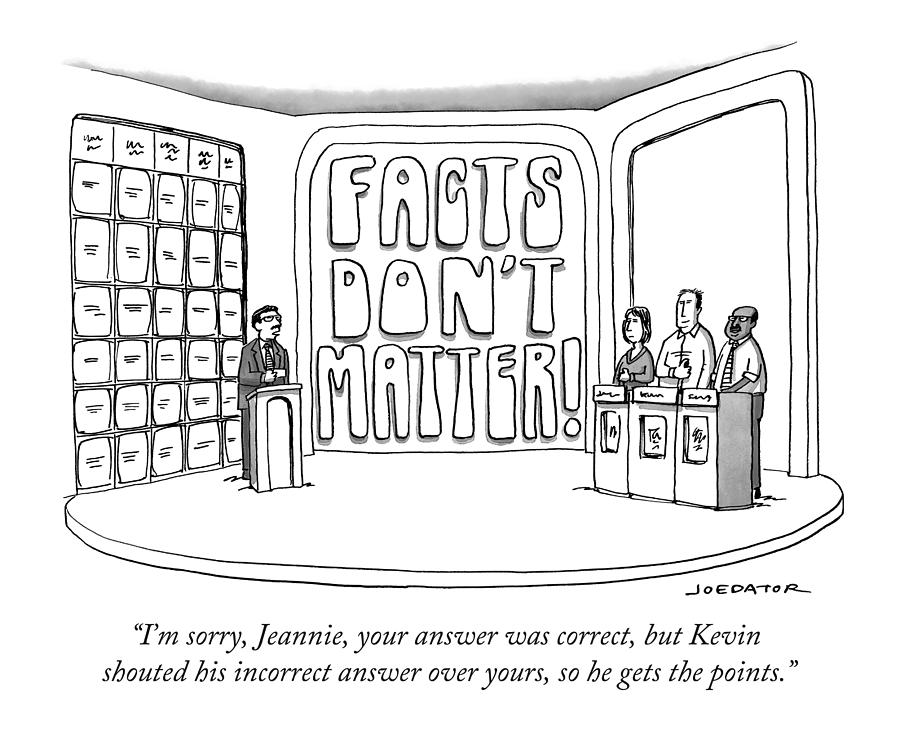The below is a chapter from ExMormon’s Search For Meaning, available to purchase on Amazon.
The day you’re born the lights get flipped on and the awareness begins. One of the reasons kids are wonderful to be around is because of how transparent they are as they attempt to mimic the adults. Kids don’t know what race, ethnicity or gender means but it doesn’t stop them from picking sides even when they don’t know what sides are. Tarzan thought he was an ape, Mowgli thought he was a wolf and most kids grow up to think they are people. Over time our kids catch onto the game and start to get good at developing their very own sense of self and the accompanying stories about who that self is—what it wants, what it likes and all the other opinions that go along with it. The problem kids eventually face as they get older, and that we all have to confront ourselves, is that we mistake that invented self as who we really are. A too-tight hold on that self is responsible for much of the stress, anxiety and suffering that we feel.
Ram Dass, the American spiritual teacher, calls growing up “somebody training.” You go about repeating to yourself, “this is who I am,” “this is who I am,” “this is who I am,” while everybody else is also reinforcing their own structure of themselves. Then when two people meet they enter into a kind of conspiracy: “I’ll make believe you are who you think you are if you make believe I am who I think I am.”
Ram Dass continues with an analogy that this invented self is like being born with a spacesuit. Over time you get so good at doing things in your spacesuit that you eventually can’t differentiate between yourself and your suit. People are always coming up to give you compliments: That’s a beautiful suit you’ve got there. But you can’t help but feel, in your quieter moments, that those compliments are misguided. What you know but they don’t is that no matter how much you try to adjust the suit it never gets totally comfortable. But despite the suit not fitting, everybody keeps saying, beautiful suit, you must be happy.
After being told by others that your suit is beautiful, but not feeling it yourself, you may eventually talk to an “expert” who says they can help. What a relief. Someone can finally help me get this suit to fit right! But what the expert ends up doing is not teaching you how to wear your suit, but instead teaching you to wear their suit.
Former Mormon President Thomas Monson said: “We are sons and daughters of a living God…We cannot sincerely hold this conviction without experiencing a profound new sense of strength and power.” (“Canaries with Gray on Their Wings,” Ensign, June 2010). Monson correctly recognizes the problem of becoming too closely identified with our looks, bank account size, righteousness or reputation. But his prescription for the problem comes up just short of being a real solution. He’s merely suggesting a different suit—the “offspring of a literal deity in heaven” suit. There are worse suits that you could wear, and for many people it fits well enough. But if you put on that suit it’s likely that the only long term change you’ll experience is the people who come up to you saying beautiful suit are the people who go to church with you. Discouragingly for many, this “child of God” suit starts to feel just as uncomfortable. The problem isn’t finding the right suit, it’s thinking that any suit will solve your problem. It’s only after taking off the suit that you can feel good, at peace and content.
“We do not “come into” this world,” says Alan Watts, “we come out of it, as leaves from a tree. As the ocean “waves,” the universe “peoples.” Every individual is an expression of the whole realm of nature, a unique action of the total universe.” This is in direct opposition to the admonition to be in the world, but not of the world. No, you are of the world and the feeling of being of the world feels great.
Monson uses a “profound new sense of strength and power” as the incentive to wear the “child of God suit” along with all the other dangling carrots of “thrones, kingdoms, principalities, and powers, dominions, all heights and depths” (D&C 132:19) that one stands to inherit if obedient. Now consider what you stand to obtain right now from being of the world and one with the universe: you are all of space and time, including planets, nebulae, stars, supernovas and galaxies. You are currently estimated to be 93 billion light-years in diameter and 13 billion years old. Your expansion is accelerating and in all likelihood you will continue to expand forever. And on top of that you have the profound ability to observe yourself.
Now this is a conviction that we cannot sincerely hold without experiencing a profound new sense of strength and power.













